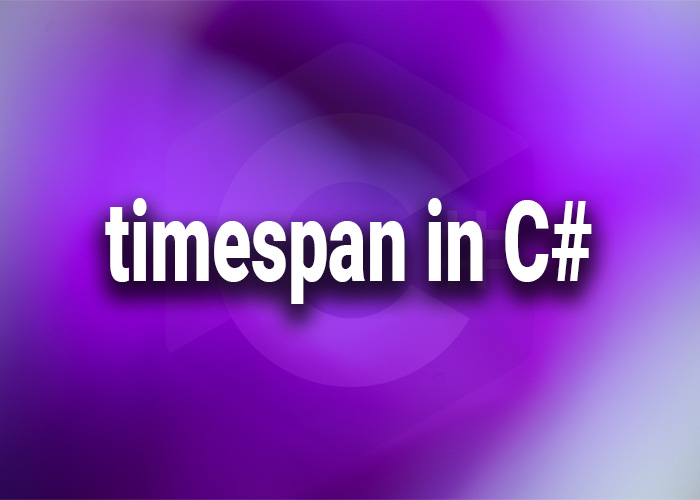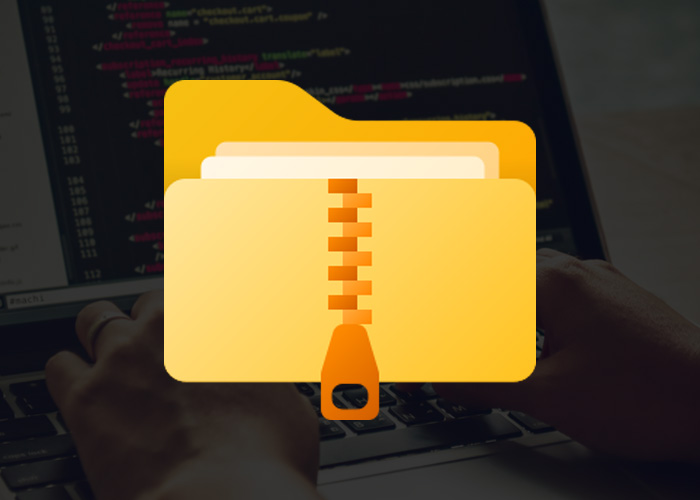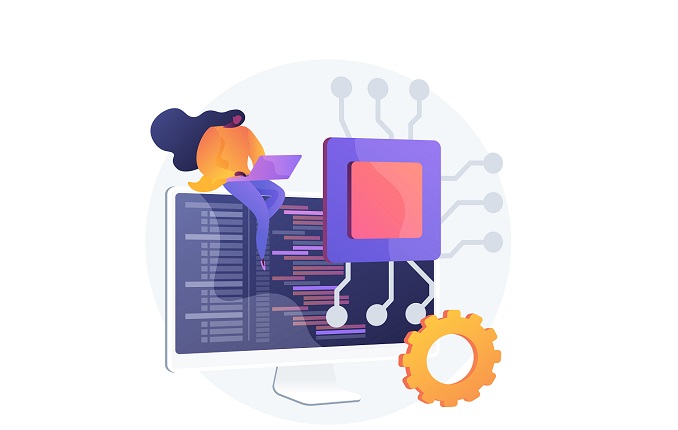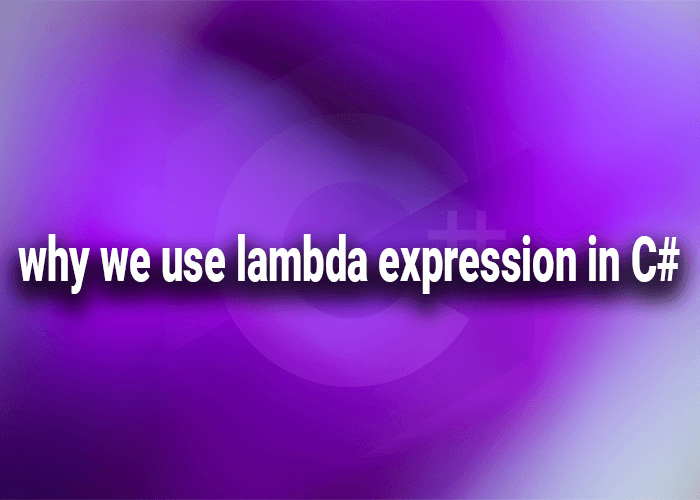Comparing Anonymous Methods and Lambda Expressions in C#
In C#, both anonymous methods and lambda expressions provide mechanisms for defining inline methods without explicitly naming them. While they serve similar purposes, there are distinct differences in syntax, capabilities, and use cases. Understanding these differences is crucial for any C# developer, especially in scenarios involving delegates or event handling. This article explores the key differences between anonymous methods and lambda expressions, helping you decide when to use each.
What are Anonymous Methods?
Anonymous methods in C# were introduced in C# 2.0 to provide a way to declare inline methods using the delegate keyword. They allow developers to define a method body directly within a delegate without having to create a separate named method.
Example of an Anonymous Method:
delegate(int x) {
Console.WriteLine($"Anonymous method value: {x}");
};
What are Lambda Expressions?
Introduced in C# 3.0, lambda expressions are a more concise and flexible way of writing inline methods. They are often used with LINQ queries and can be understood as a more succinct version of anonymous methods. Lambda expressions come in two forms: expression lambdas and statement lambdas.
Example of a Lambda Expression:
x => Console.WriteLine($"Lambda expression value: {x}")
Key Differences Between Anonymous Methods and Lambda Expressions
Syntax
- Anonymous Methods: Typically more verbose, using the delegate keyword. They do not support implicit typing of parameters.
- Lambda Expressions: More concise, using the => operator. They allow for implicit typing of parameters, making the code cleaner and easier to read.
Expressiveness and Flexibility
- Anonymous Methods: Limited to method bodies and cannot be converted into expression trees.
- Lambda Expressions: Can be used to create both expression trees (using expression lambdas) and delegate instances. Expression lambdas are particularly powerful in LINQ queries where expressions are translated into SQL or other domain-specific languages.
Scope of Parameters
- Anonymous Methods: Can capture outer variables (closures) similarly to lambda expressions. However, they do not support passing parameters as ref or out.
- Lambda Expressions: Also capture outer variables and are generally more flexible with parameter handling. They provide clear distinctions in scoping through expression and statement forms.
Use Cases
- Anonymous Methods: Useful when you need a quick delegate instance without the overhead of a named method, and when backward compatibility with older versions of .NET is required.
- Lambda Expressions: Preferred in most modern C# development due to their brevity and powerful integration with LINQ, async programming, and other advanced frameworks.
Performance Considerations
- Both constructs are optimized by the compiler, but lambda expressions offer better support for performance optimizations, especially in LINQ to Entities queries.
When to Use Each?
Use Anonymous Methods when:
- You are working within a legacy codebase that predates C# 3.0, or when interacting with APIs that explicitly require delegate types.
- The method body is too complex for a lambda expression.
Use Lambda Expressions when:
- You need a clean and concise way to define inline functions.
- Working with LINQ or any framework that supports expression trees.
- You require a high level of expressiveness and flexibility in defining function logic.
Conclusion
While both anonymous methods and lambda expressions allow for inline method definitions in C#, lambda expressions are generally more versatile and preferred in modern C# development. They provide significant syntactical and functional advantages, especially in conjunction with LINQ and other modern programming paradigms. Understanding when and how to use each can greatly enhance your coding efficiency and capability in C#.





